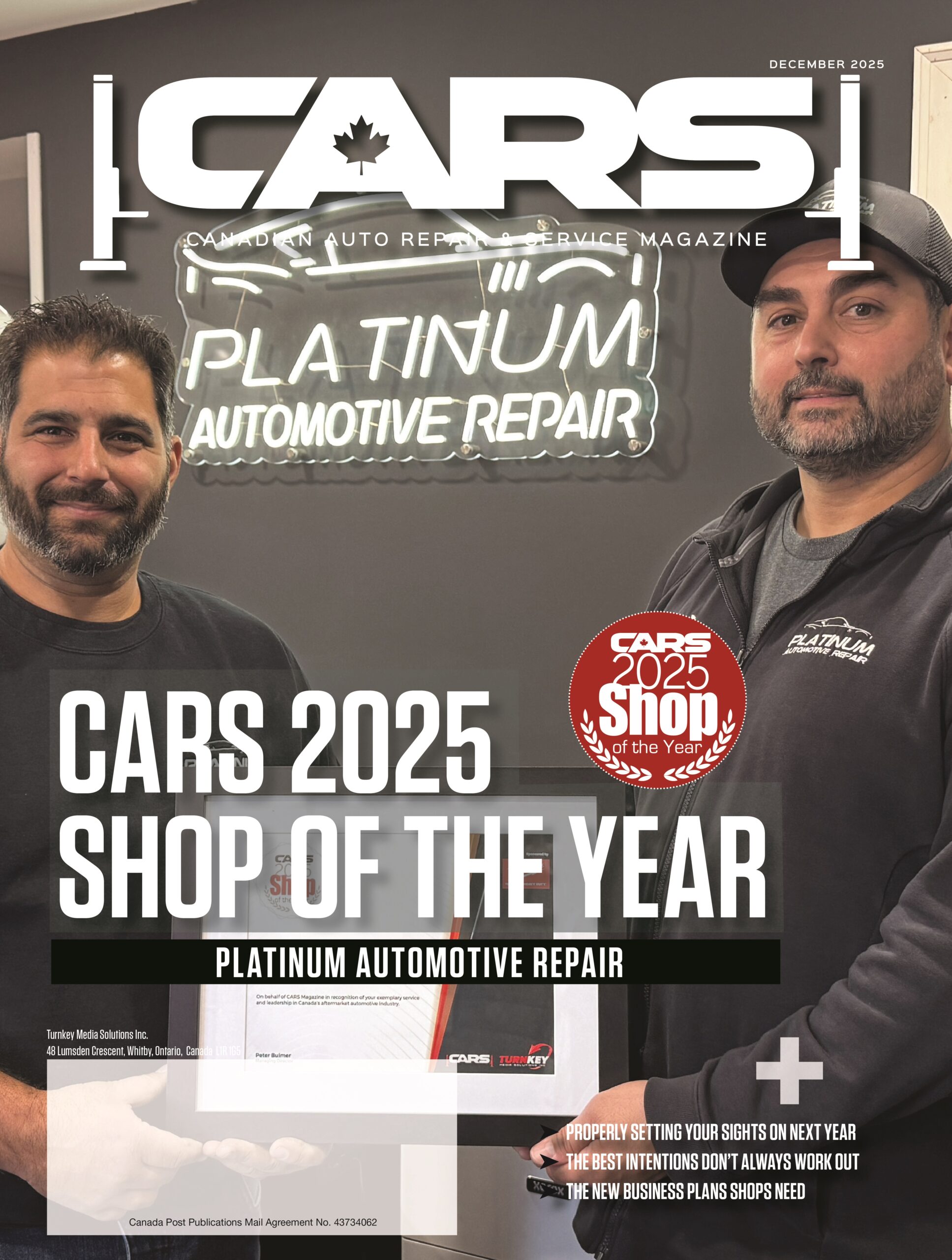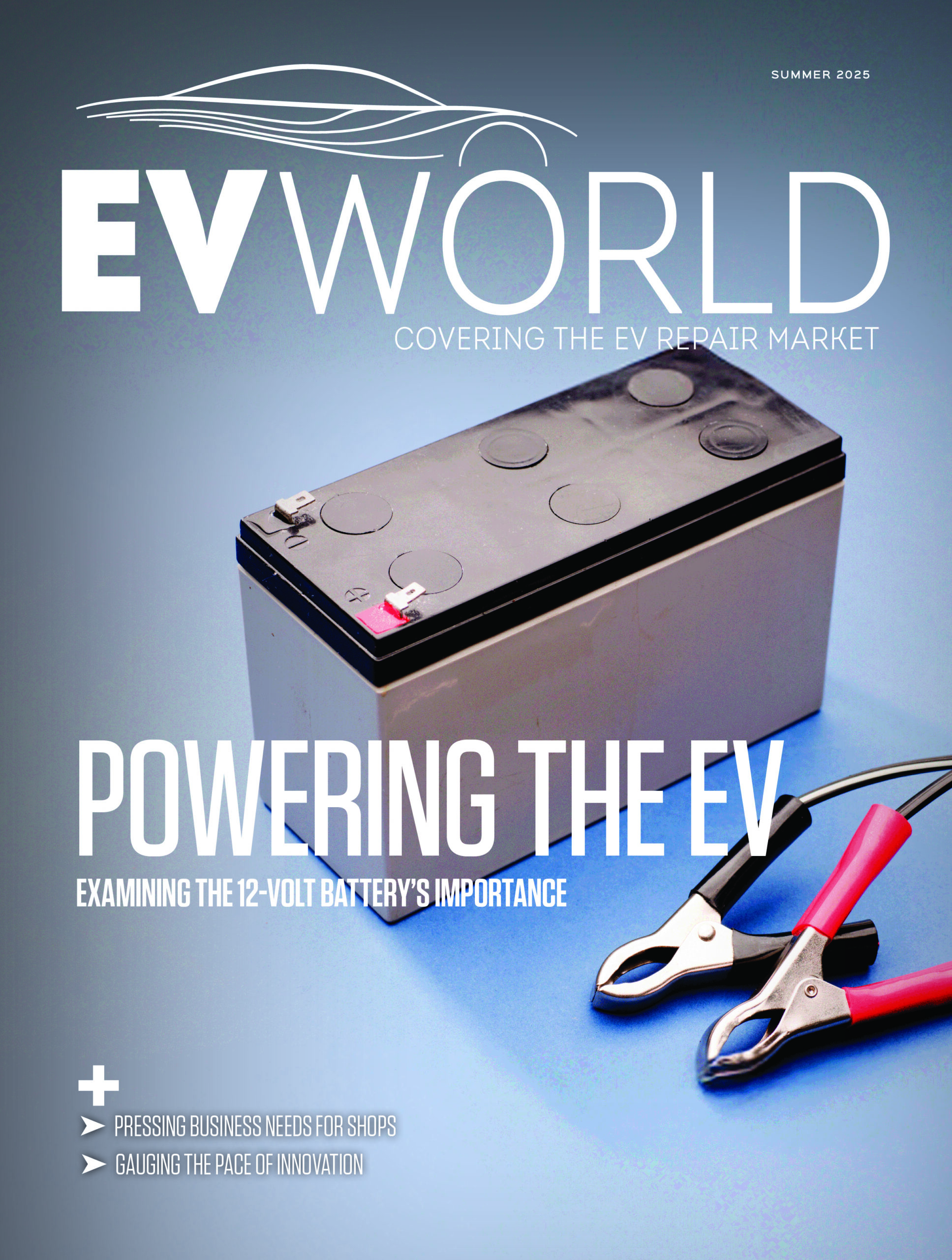
Private label brands are steadily gaining traction in the automotive aftermarket, driven by consumer preferences for better prices and evolving perceptions of quality, according to an industry expert.
Nathan Shipley, executive director and industry analyst with Circana’s automotive aftermarket practice, discussed this trend during his presentation, Aftermarket Outlook 2025 at AAPEX last fall.
He highlighted that more than 40 per cent of consumers reported purchasing private label or house brands for their cars.
When asked why, four out of five said they were doing it for a better price and, thus, deciding to buy down.
Interestingly, Shipley pointed out, nearly a quarter of respondents cited better quality as their reason for choosing private labels, which challenges traditional views of these products.
“Private label in our industry, for a lot of categories, is not what private label was 20 years ago — unbranded brown box. This private label might be a house brand for whatever retailer you have loyalty to that has very good brand recognition and the retailer stands behind it. You trust the retailer,” he explained.
This shift towards private labels is not just limited to the automotive aftermarket but is a broader retail trend.
“You’re seeing it slowly but surely take more and more share at retail,” Shipley said. “Doesn’t matter in the automotive aftermarket, but in general for retail overall, and I think it’s going to be one that we’ll be talking about for some time.”
He also delved into the motor oil category, illustrating significant changes over the past few decades.
“Full synthetics have been taking share away from conventional motor oil,” Shipley said. “It doesn’t matter what you were historically in terms of what type of oil you’re buying. Now you’re a full synthetic consumer. So you get forced into it.”
Consumer behaviour towards motor oil also reflects broader trends in brand loyalty and private label acceptance.
“If I’m like, ‘Man, I’ve been buying kind of off-brand gasoline now for several years, and my car’s been running just fine the whole time,’ does that translate into the type of oil that I buy? Possibly, but there’s some consumer mentality that’s going on here,” Shipley suggested.
“If you go talk to consumers that have their oil changed for them and you ask them, ‘What brand of motor oil do you think they put in your car,’ over half will tell you they have no idea. And so if there’s this shift over to DIY from DIFM which is not significant, but some, does that lack of brand awareness also translate into the DIY space?” he wondered.
Overall, the rise of private label brands in the automotive aftermarket is a reflection of changing consumer preferences and economic pressures.
“There’s just been a lot of change in terms of brand and private label and what consumers are putting in their cars over time,” Shipley observed. “And so when I think about what’s happening today in terms of what’s selling, I think part of this kind of behaviour training plays into it.”













Leave a Reply